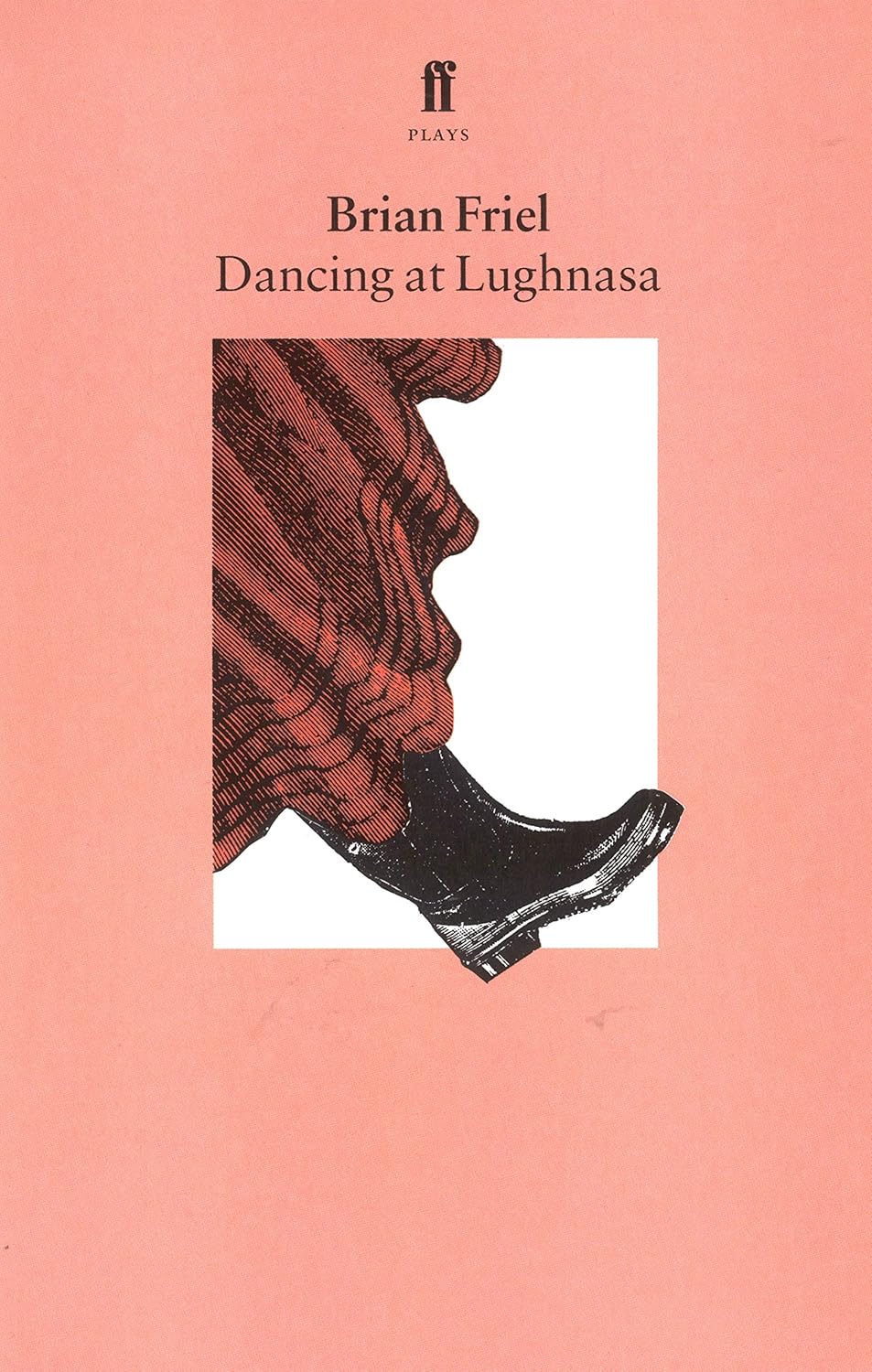What happens when an unstoppable force meets an immovable object? In Sophocles’ timeless masterpiece “Antigone,” we witness this collision through the prism of a young woman’s defiance against state power. While written in 441 BCE, its exploration of civil disobedience, moral law versus state law, and the costs of standing up for one’s beliefs remains startlingly relevant in our modern world.
Quick Facts
- First performed: 441 BCE at the Theater of Dionysus, Athens
- Original title: Ἀντιγόνη (Antigone)
- Runtime: Approximately 90 minutes
- Structure: Prologue, 5 episodes, 4 choral odes, exodus
- Part of: The Theban Plays trilogy
- Notable adaptations: Jean Anouilh’s 1944 version (written during Nazi occupation), Seamus Heaney’s “The Burial at Thebes” (2004)
Just want to read the play?
Free version? Try the version on Project Gutenberg: https://www.gutenberg.org/ebooks/54543
Historical Context
“Antigone” emerged during a pivotal moment in Athenian history. The city-state was at its height of power, yet grappling with questions about democracy, law, and citizenship. Sophocles, who served as a general alongside Pericles, understood intimately the tension between political necessity and moral obligation. The play’s themes of civil disobedience would have resonated deeply with an audience experiencing the transition from tribal customs to codified state laws.
Plot Overview
Following the civil war that killed her brothers Eteocles and Polyneices, Antigone finds herself torn between divine law and human decree. The new king Creon has ordered that Polyneices, who fought against Thebes, remain unburied – a severe punishment in Greek culture that would prevent his soul from reaching the afterlife. Defying this order, Antigone performs burial rites for her brother, choosing divine law over human authority.
What follows is a cascade of consequences. Creon sentences Antigone to death, ignoring pleas from his son Haemon (Antigone’s fiancé) and the blind prophet Tiresias. By the time Creon realizes his mistake, it’s too late – Antigone has hanged herself, prompting Haemon’s suicide, which in turn leads to the suicide of Creon’s wife Eurydice. The king is left alone, broken by his own stubborn adherence to human law over divine mandate.
Themes & Analysis
The Conflict of Laws
At its heart, “Antigone” explores the clash between two types of law: divine (represented by Antigone) and human (represented by Creon). Neither character is entirely right or wrong – both have valid arguments for their positions. Antigone upholds timeless religious traditions, while Creon attempts to maintain civil order in a post-war city. This complexity makes the play eternally relevant to discussions about civil disobedience and moral obligation.
Gender and Power
Antigone’s defiance isn’t just about religious duty – it’s also a woman challenging patriarchal authority. In a society where women had limited rights, Antigone’s actions would have been particularly shocking. Her strength and determination prefigure modern feminist heroes, though Sophocles presents her not as a feminist icon but as a complex character driven by multiple motivations.
Pride and Punishment
Both Antigone and Creon exhibit hubris (excessive pride), leading to their downfall. Antigone’s righteousness blinds her to the value of compromise, while Creon’s stubbornness prevents him from seeing wisdom in others’ counsel. The play suggests that absolute positions, however morally justified, can lead to tragedy.
Revolutionary Elements
Sophocles’ genius shines in his character development. Unlike many Greek tragedies where characters are more archetypal, Antigone and Creon are psychologically complex. Their motivations are layered, their arguments nuanced, making them feel remarkably modern. The play also innovates in its treatment of prophecy – unlike “Oedipus Rex,” characters here have clear choices and agency in their fate.
Cultural Impact
“Antigone” has inspired countless adaptations and reinterpretations. During World War II, Jean Anouilh’s version spoke to French resistance against Nazi occupation. In South Africa, “The Island” (1973) used the play to critique apartheid. Recent productions have drawn parallels to contemporary political resistance movements and debates about civil disobedience.
Reading Guide
Best Translations
- Anne Carson (2015) – Most poetic and modern
- Robert Fagles (1982) – Excellent balance of accuracy and readability
- Elizabeth Wyckoff (1954) – Most faithful to Greek original
Reading Tips
- Pay attention to the chorus’s shifting perspective on events
- Note how characters’ arguments evolve throughout the play
- Consider how different each character’s version of justice is
- Watch for imagery of burial, earth, and the underworld
Contemporary Relevance
Modern parallels abound: protesters defying unjust laws, conflicts between religious freedom and state authority, and debates about proper burial rights (particularly relevant during the COVID-19 pandemic). The play’s questions about when to obey and when to resist authority remain vitally important.
Discussion Questions
- Is Antigone a hero or a terrorist?
- Could the tragedy have been avoided through compromise?
- How do gender roles influence the characters’ actions?
- What role does family loyalty play versus civic duty?
Fun Facts & Trivia
- The name “Antigone” means “against birth” or “in place of a mother”
- Sophocles wrote the play in his mid-fifties, already an established playwright
- Ancient audiences would have known the myth but been surprised by Sophocles’ psychological complexity
- The play was performed for centuries without anyone realizing it wasn’t the first in chronological order of the Theban trilogy
Why This Play Endures
“Antigone” remains powerful because it refuses easy answers. It presents a clash of right versus right, where both sides have compelling arguments. Its exploration of resistance, duty, and the costs of standing up for one’s beliefs speaks to every generation. In an era of increasing political polarization and moral absolutes, its message about the tragedy of unbending positions feels more relevant than ever.
Additional Resources
- “Antigone’s Claim” by Judith Butler
- “Antigone, Interrupted” by Bonnie Honig
- The National Theatre’s 2012 production (available online)
- “The Antigone of Sophocles” translated and with commentary by Mark Griffith
Whether you’re a first-time reader or returning to this classic, “Antigone” offers new insights with each encounter. Its questions about law, morality, and resistance continue to challenge and inspire readers across millennia, making it an essential entry in our “100 Plays to Read Before You Die” series.








Leave a Reply